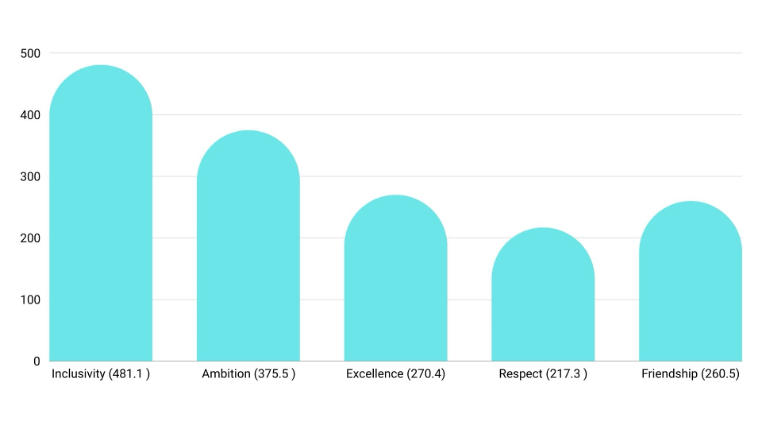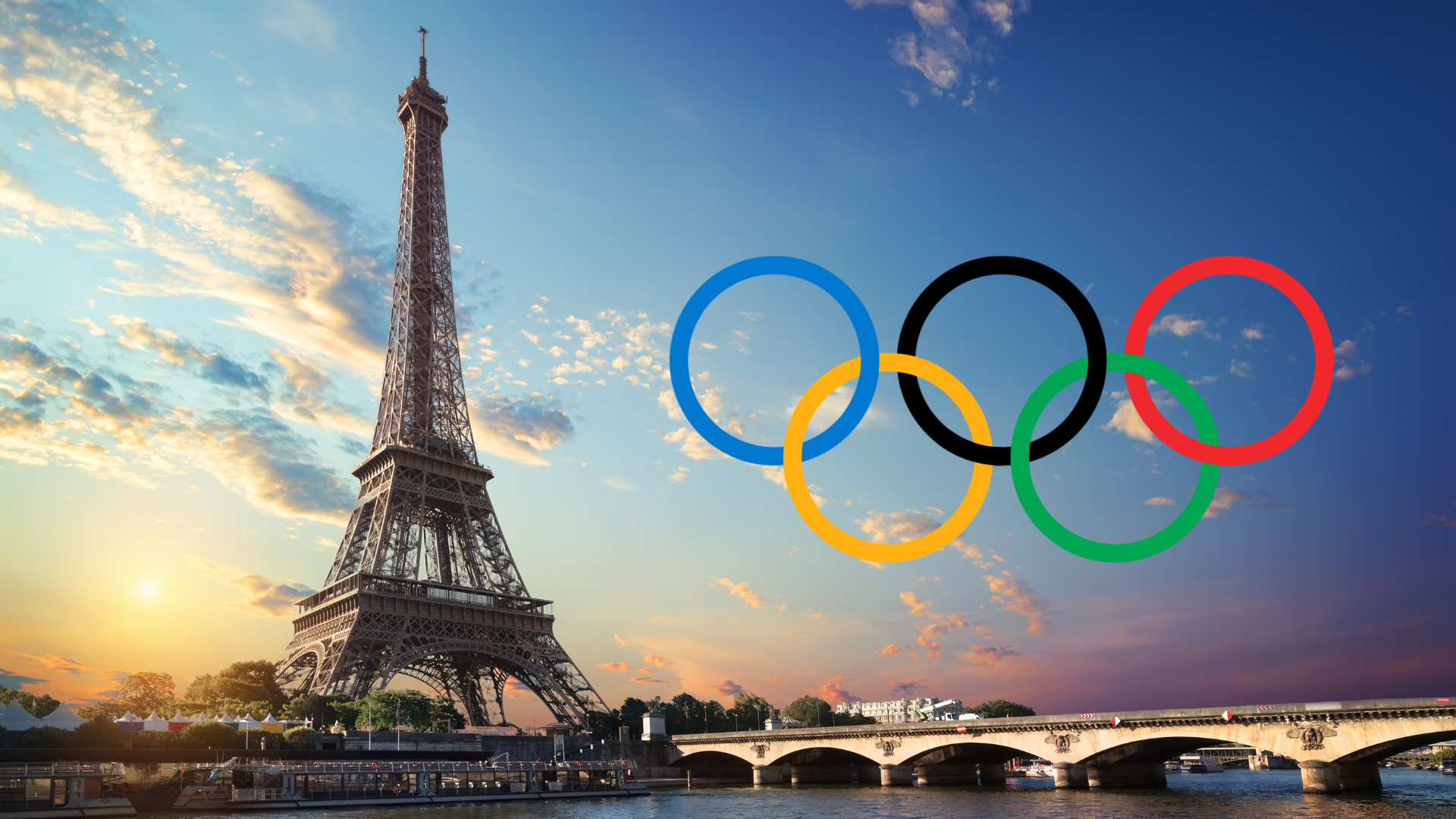In just a few weeks, the 2024 Olympic Games will head to Paris. Despite ranking comfortably within the top three most-watched global sporting events, the Olympics stands apart with its notably brand-free stadiums and field of play. Yet, this absence of visible logos hasn’t deterred sponsors, having generated over $2 billion of annualised spend – a figure more than any other sporting property.
This raises an intriguing question: In an arena where traditional advertising real estate is scarce, how do brands justify such a financial commitment? The answer lies in a seismic shift in sponsorship strategy – one that extends far beyond the 17 days of competition, redefining the very concept of Return on Investment in the digital age.
The Role of Sponsorship Marketing
The $105.47 billion sponsorship marketing industry is often referred to as a branding tool – separating it from other forms of advertising. This is an outdated and simplistic view of the benefits it can bring to a sponsor. The customer purchase cycle is broken down into 4 clear stages, which all sponsors and brands should understand and optimise:
- Awareness
- Engagement
- Conversion
- Advocacy
Long gone are the days when sponsorship was seen as a logo on a shirt or stadium, that reaches interested viewers at a stadium or on television. Whilst this ultimately took care of the awareness stage of the customer cycle, other elements vital for brand growth were left to other forms of advertising. In today’s world, the influence of large sporting events extends beyond their live broadcast time. Today’s digital world keeps fans plugged into their favourite sports and events around the clock. There’s no real “off-season” anymore. Social media, streaming and mobile phone apps mean people can dive into stats, replays and player drama, at just a click of a button.
People continue to follow their passions away from the live moment – creating multiple touchpoints for brands to build a deeper narrative with the event that they sponsor.
This in turn creates far greater potential to generate a more emotive level of engagement. Building a bridge to customer conversion and ultimately brand advocacy.
Recognising this powerful opportunity, some of the world’s most prominent companies have aligned themselves with the Olympic movement. The Olympic Games are supported by an elite group of global brands known as the Worldwide Olympic Partners:
- Airbnb
- Alibaba
- Allianz
- Atos
- Bridgestone
- Coca-Cola
- Deloitte
- Intel
- Omega
- Panasonic
- P&G
- Samsung
- Toyota
- Visa
These companies form the pinnacle of the Olympic sponsorship pyramid, enjoying category exclusivity and global marketing rights across all Olympic properties. Their investments grant them unparalleled opportunities to align with the Games’ universal values and reach billions of engaged consumers worldwide. While exact figures are closely guarded, estimates suggest that these top-tier sponsorships can cost upwards of £200 million for a four-year cycle, underscoring the immense value brands place on the Olympic association.
Brand Engagement via the Emotive Power of the Olympic Games
In the Olympic Games, brand engagement is where the true value of a partnership can be realised. The Games are symbolic of the purity of human spirit, achievement and competition, correlating to its three core values of excellence, respect and friendship. This is reflected in the brand values that Luscid data has uncovered.
Our Brand Values Index evaluates how the Games compare against the average of 9,000+ sporting properties, which brings to life the power of the Olympics to drive engagement via human-level, emotive, storytelling. Below is a snapshot of the Game’s top 5 ranked brand values, offering a rich well of value on tap for any event partner:

Inclusivity: 4.8 x stronger than the average sporting property
Ambition: 3.8 x stronger than the average sporting property
Excellence: 2.7 x stronger than the average sporting property
Respect: 2.2 x stronger than the average sporting property
Friendship: 2.6 x stronger than the average sporting property
Off the back of these values, brands can leverage the power of association with the Olympic Games to support a long-term customer engagement campaign. These values have the potential to power highly emotive and inspirational stories around the Games in the build-up, during, and after the event has taken place.
Adding Value Across the Marketing Mix
Through the Olympic Games sponsorship, brands can seek to enhance their output across the entirety of their marketing ecosystem – from PR to communications, social to digital content, and all other Above the Line (ATL) marketing channels.
While Olympic sponsors’ logos won’t appear on bright LED screens at the 100m finish line, the true value of their investment stretches far beyond the 17 days of competition. The impact of Olympic sponsorship resonates long after the closing ceremony, creating lasting connections with global audiences.
To accurately measure Return on Investment (ROI), brands must evolve beyond the traditional metrics like estimated viewership and broadcast impressions. Modern sponsorship evaluation demands a more holistic approach that captures the full scope of audience engagement across multiple platforms and touchpoints. A shift towards realising their value through digital storytelling and social content will open more accountable ways of measuring tangible results.
The 2024 Paris Olympic Games promises to be a memorable event, and the stories that result will benefit the roster of brand partners for years to come.
Discover more about how Luscid can enhance your sponsorship strategy by visiting our website, here.


